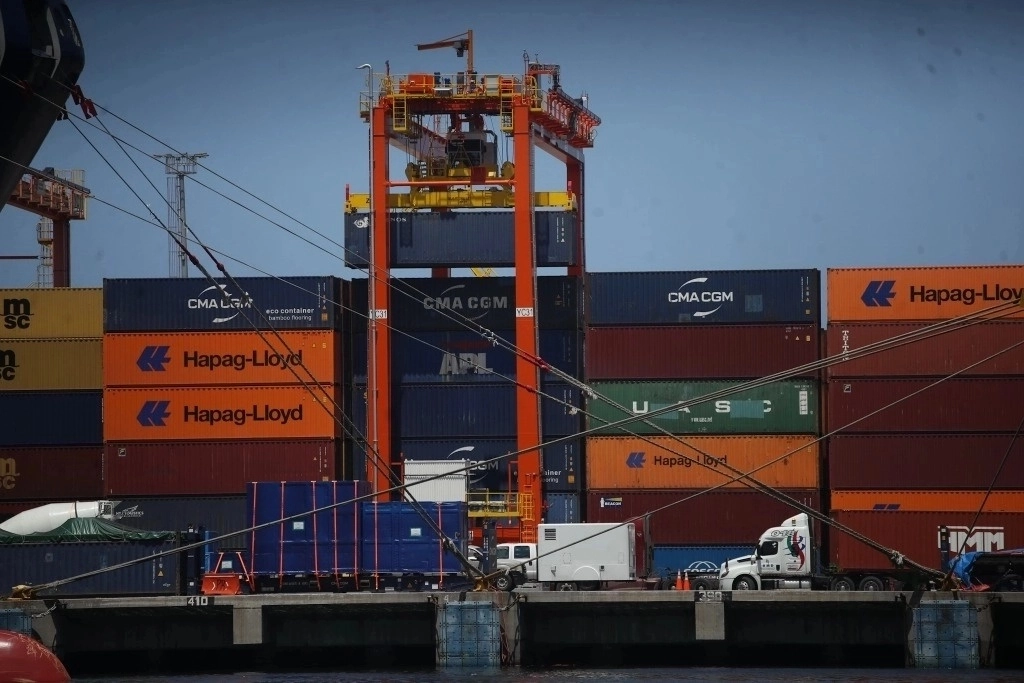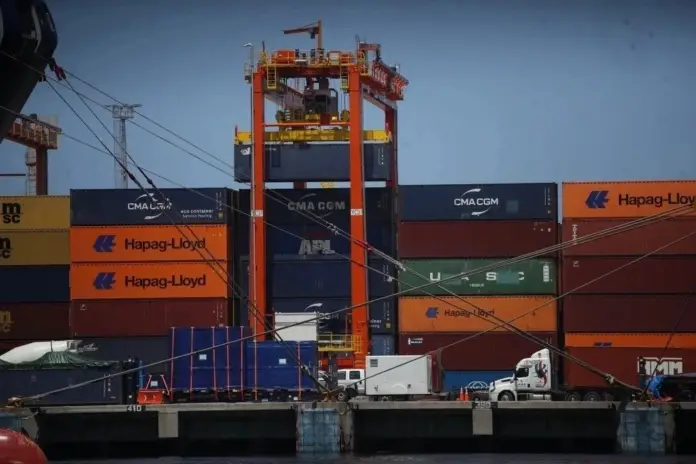The Mexican government and the European Union (EU) concluded negotiations to modernize the Global Agreement between Mexico and the EU, which occurs almost 9 years after the renegotiation began and amid threats by the next president of the United States, Donald Trump, to impose 25 percent tariffs on Mexican exports.
Although the Ministry of Economy (SE) has not confirmed the end of the negotiations, the European economic bloc indicated that the process concluded “after the political commitment between the Commissioner for Trade and Economic Security, Maroš Šefčovič, and the head of the SE, Marcelo Ebrard.
“The agreement establishes an ambitious and modern framework to deepen and expand political dialogue, cooperation and economic relations between the EU and Mexico,” said the EU.
According to the European side, the modernisation will create new economic opportunities for both parties, including the growth potential for EU agri-food exports to Mexico, as well as including progressive rules to address corruption in the private and public sectors.
“The agreement establishes the joint ambition of the EU and Mexico to promote and protect human rights, multilateralism and international peace and security,” it said.
It also highlighted that the agreement facilitates strategic cooperation on key geopolitical issues, as it will keep up with rapidly changing realities, such as reducing supply chain risks, ensuring a sustainable supply of critical raw materials and combating climate change.
The modernisation of the Free Trade Agreement between the European Union and Mexico (TLCUEM), which was born in 2000, also seeks to advance zero-emission objectives.
It also seeks to strengthen commitments on sustainable development, transnational organised crime, migration and gender equality.
“The EU and Mexico are already trusted partners. “We now want to further deepen our cooperation, which will greatly benefit our citizens and our economies,” said Ursula von der Leyen, President of the European Commission.
“EU exporters will gain new trading opportunities, including our farmers and agri-food businesses. This historic agreement shows that open, rules-based trade can contribute to our economic prosperity and security, as well as to climate action and sustainable development. I look forward to working with President (Claudia) Sheinbaum to deliver on the promise of this agreement,” she added.
The modernization of the Global Agreement began almost at the same time as the renegotiation of the North American Free Trade Agreement (NAFTA), the predecessor of the USMCA. However, while the negotiation was completed in 2018, the process to complete the modernization was not continued during the previous administration.
One of the issues that hindered the process was geographical indications, which recognize products as originating in certain regions, as is the case of champagne in Champagne, France, or tequila, in Jalisco.
EU data shows that trade in goods between the EU and Mexico reached 82 billion euros in 2023, while bilateral trade in services reached 22 billion euros in 2022, making Mexico the EU’s second most important trading partner in Latin America.
Now both parties will proceed to ratify the Global Agreement, which in the case of Mexico is done by the Senate of the Republic.

Source: jornada




